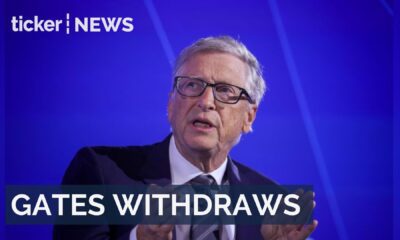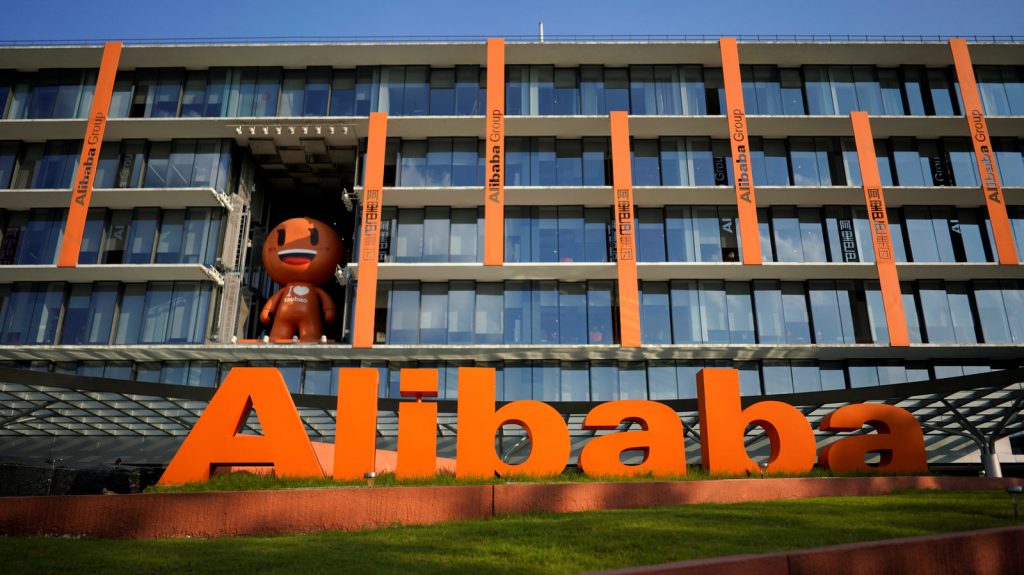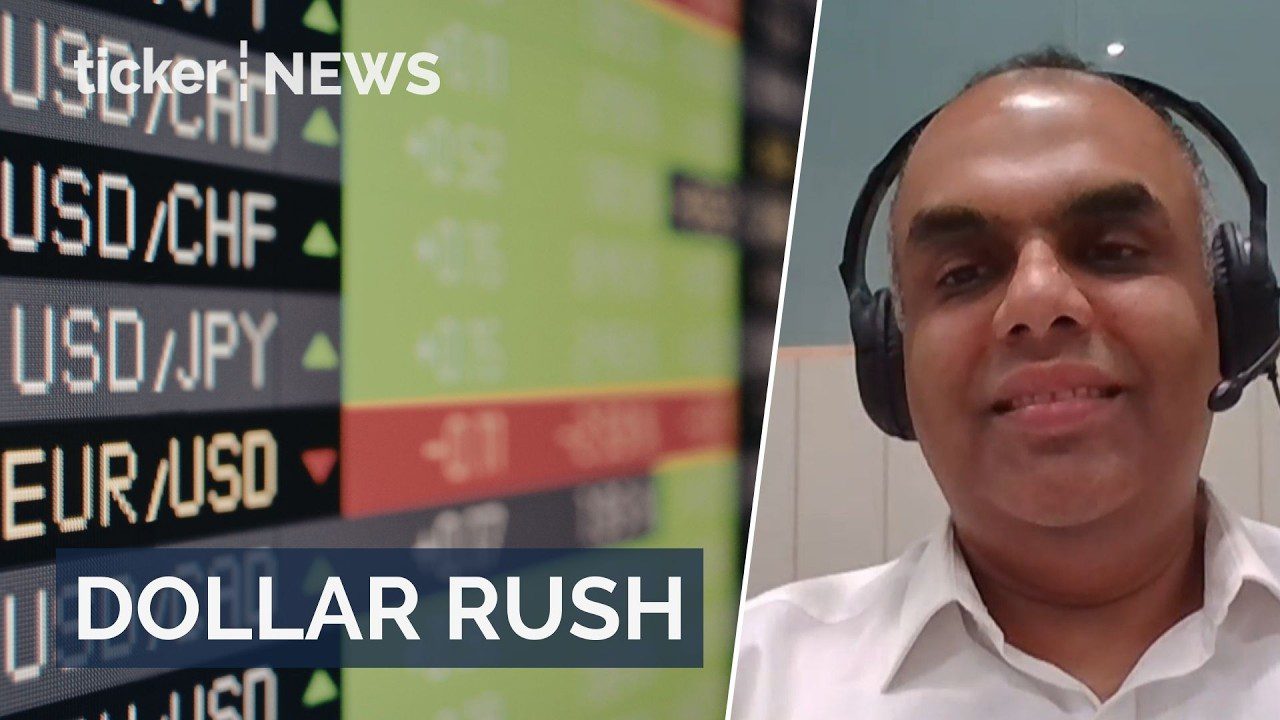Money
Beijing crackdown on big tech hits Alibaba’s hip pocket

Money
U.S. investors flee stock market for global opportunities
U.S. investors withdrew $75 billion from stocks in six months, fastest in 16 years, with $52 billion in 2026 alone.
Money
US dollar strength hits NZ dollar amid FX market shifts
US dollar rises amid strong US growth; New Zealand faces pressure as traders navigate volatile FX and geopolitical impacts.
Money
Oil hits seven-month high, and gold surpasses $5,000 amid US-Iran tensions
Oil prices hit seven-month high amid U.S.-Iran tensions; experts analyze impacts on global economy and energy markets.
-



 Tech3 days ago
Tech3 days agoSam Altman predicts superintelligence could appear by 2028
-



 News3 days ago
News3 days agoAndrew Mountbatten-Windsor released after 12-hour questioning
-



 News4 days ago
News4 days agoUkraine Russia peace talks stall with no breakthrough
-



 Money3 days ago
Money3 days agoOil hits seven-month high, and gold surpasses $5,000 amid US-Iran tensions
-



 Tech4 days ago
Tech4 days agoZuckerberg testifies on social media addiction and child safety
-



 Ticker Views5 days ago
Ticker Views5 days agoCan diplomacy survive the Iran-US nuclear standoff?
-



 Ticker Views3 days ago
Ticker Views3 days agoPrince Andrew arrested: What it means for the Royal Family
-



 News3 days ago
News3 days agoBill Gates withdraws from India AI Impact Summit before keynote







